Homosalate For Skin – Benefits, How To Use, And Side Effects
Unlock the secret skin care ingredient homosalate that protects and gives the skin a sun-kissed glow.
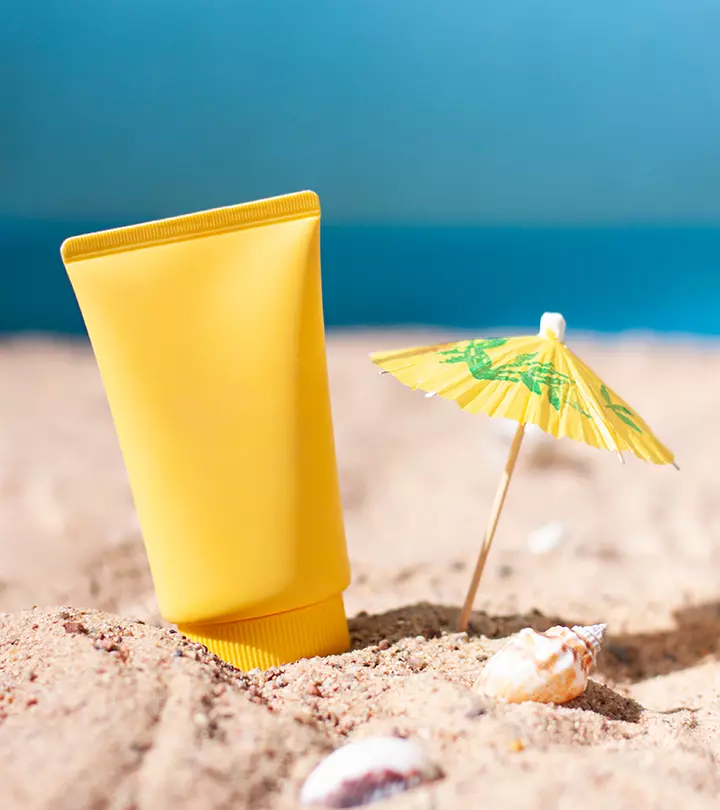
Image: Shutterstock
Homosalate is an important sunscreen ingredient known for its UV-filtering properties. This ingredient is also found in various cosmetic and skin care products. While research supports homosalate’s anti-UV effects, some also believe using homosalate for your skin may act as an endocrine disruptor or increase skin cancer risk.
Can you continue to use products containing homosalate? Or should you practice caution and steer clear of them? Here, we discuss homosalate, its benefits, and potential side effects. Read on and make a wise choice.
In This Article
What Is Homosalate?
Homosalate is an organic compound made from salicylic acid. It is a yellow liquid and has a dense, oily texture. This ingredient is commercially used in the production and manufacturing of sunscreen as it protects the skin from harmful UVA and UVB radiation (1). It also may help treat sunburns, fine lines, and wrinkles.
Homosalate is also known as Homomenthyl Salicylate or HMS. It is made by the esterification (a chemical reaction leading to the formation of esters) of salicylic acid and 3,3,5-Trimethylcyclohexanol.
Key Takeaways
- Homosalate, also known as homomenthyl salicylate, is a compound derived from salicylic acid used in sunscreen and several cosmetic products.
- Using homosalate may protect the skin from sunburns and moisturize your skin.
- Frequent usage of homosalate may result in side effects such as interfering with the endocrine system, increased risk of breast cancer, and skin irritation.
Benefits Of Homosalate For Skin
- May Help Treat Heat Rashes
We experience a lot of sweating in summers. The sweat glands could also get clogged by dirt. This leads to skin irritation, blisters, rashes, etc. Homosalate, when applied topically, may protect the skin from the harmful consequences of heat exposure. However, more direct research is warranted in this regard.
- May Help Treat Dry Skin, Sunburns, And Tanning
Sunburns and tanned skin are also the consequences of a hot summer. Homosalate, as part of sunscreen lotions, may help moisturize skin and prevent sunburns.
- May Reduce Skin Cancer Risk
Frequent exposure to UV rays may increase the risk of skin cancer. Homosalate acts as a UV filter (1). Its use may reduce skin cancer risk. However, more research is warranted in this regard.
When used with other agents, homosalate may offer complete protection from UV rays. These combinations can be well-observed in sunscreens. Using the right amount of sunscreen regularly can spare you from the potentially dangerous effects of sun exposure. However, there are various sunscreen side effects that you must understand before choosing one for yourself.
 Quick Tip
Quick TipEspecially, before you pick a sunscreen containing homosalate, you must be aware of its potential adverse effects too. Scroll down to discover the side effects of Homosalate.
Side Effects Of Homosalate
As beneficial as homosalate may be, it also has been scrutinized for its fair share of controversies. The ingredient is suspected to be an endocrine disruptor (2).
An endocrine disruptor is a substance that may negatively interfere with the endocrine system. A substance can be considered an endocrine if:
- There is a direct link between the ingredient and hormonal deregulation.
- Damaging effects are observed on human health after usage.
These side effects have proven to possibly manifest in some users of homosalate. This ingredient ought to be used with caution. Other potential adverse effects of homosalate include:
- Homosalate may show estrogenic activity (3).
- Homosalate may lead to the growth of breast cancer cells in rare cases. However, research is scarce in this regard.
- Homosalate is absorbable and may enter your bloodstream faster. In rare cases, it is thought to interrupt the functioning of your cells and organs. But research in this regard is very limited.
- Excess use of homosalate may affect your progesterone, estrogen, and androgen levels.
 Quick Tip
Quick TipOther potential side effects of homosalate include:
- Acne
- Inflammation
- Skin irritation
- Allergic reactions
Homosalate-based products have been barred from sale in a few countries. However, the EU Scientific Committee on Consumer Safety deems use of up to 0.5% of homosalate in cosmetic products safe (4).
How To Use Homosalate
Homosalate is widely incorporated in the manufacturing of sunscreens, lotions, sticks, creams, sprays, etc.
Apart from sunscreens, homosalate can also be spotted as an ingredient in a range of SPF products, moisturizers, bronzers, BB creams, fragrances, tanning oils, make-up powders, setting sprays, facial cleansers, and foundations.
Homosalate-based products are accessible and can be used by everyone except those with overly sensitive skin or pregnant women (to whom mineral-based sunscreens are recommended).
Saima, a skincare enthusiast and a blogger, shares her review of an SPF 50 sunscreen with homosalate as one of the main ingredients. She states, “Something I do like is that it doesn’t leave a white cast on my skin tone although it does apply with a milky appearance until absorbed and blended. My skin is left with a dewy nourished look after applying this sunscreen (i).”
Homosalate is an organic compound used in the manufacturing of sunscreen products due to its UV-filtering properties. Apart from this, using homosalate for your skin can help treat rashes, dryness, and tanning and reduce the risk of skin cancer. While homosalate is beneficial, studies suggest it may disrupt the functioning of the endocrine system, causing inflammation or acne. Therefore, pregnant women and people with sensitive skin and hormonal conditions should avoid using products with it as an ingredient. Consult your doctor for more information on homosalate before usage.
Frequently Asked Questions
Is homosalate banned in Europe?
The use of homosalate is restricted by the European Commission. It can only be used in face products (except propellant sprays) up to a maximum concentration of 7.34%.
Is homosalate reef-safe?
No, if the product contains homosalate, then it is not reef-safe. Homosalate is not good for reef environments.
Does homosalate cause itching?
Homosalate may cause itching if you are allergic to it. Itching and swelling are the common symptoms associated with homosalate allergies. Always do a patch test before applying homosalate-containing products for the first time.
Is homosalate safe?
It is considered safe in concentrations up to 15% in the USA, but prolonged exposure or absorption may lead to skin irritation (5). It may disrupt some hormonal functions when absorbed in significant amounts, so it is crucial to follow product guidelines and consult a dermatologist before use (6).
Can sunscreen cause acne?
Some sunscreen formulations may cause acne due to certain ingredients such as comedogenic oils like coconut oil, vegetable oils, or cocoa butter. Opt for non-comedogenic, oil-free sunscreens to minimize the risk of clogging pores and causing acne.
Personal Experience: Source
StyleCraze's articles are interwoven with authentic personal narratives that provide depth and resonance to our content. Below are the sources of the personal accounts referenced in this article.
(i) Review | Derma:B Everyday Sun Block SPF50+ PA++++https://simplysaima.wordpress.com/2023/03/29/review-dermab-everyday-sun-block-spf50-pa/
References
Articles on StyleCraze are backed by verified information from peer-reviewed and academic research papers, reputed organizations, research institutions, and medical associations to ensure accuracy and relevance. Read our editorial policy to learn more.
- Percutaneous absorption, disposition, and exposure assessment of homosalate, a UV filtering agent, in rats
https://pubmed.ncbi.nlm.nih.gov/24555679/ - Evaluation of the endocrine-disrupting effects of homosalate (HMS) and 2-ethylhexyl 4-dimethylaminobenzoate (OD-PABA) in rat pups during the prenatal, lactation, and early postnatal periods
https://journals.sagepub.com/doi/abs/10.1177/0748233717718974?journalCode=tiha - Consensus Modeling for Prediction of Estrogenic Activity of Ingredients Commonly Used in Sunscreen Products
https://www.ncbi.nlm.nih.gov/labs/pmc/articles/PMC5086697/ - Opinion on Homosalate
https://ec.europa.eu/health/sites/default/files/scientific_committees/consumer_safety/docs/sccs_o_244.pdf - Sunscreen Drug Products For Over-The-Counter Human Use, U.S Food And Drug Administration https://www.accessdata.fda.gov/scripts/cdrh/cfdocs/cfcfr/CFRSearch.cfm?fr=352.50
- Evaluation of the endocrine-disrupting effects of homosalate (HMS) and 2-ethylhexyl 4-dimethylaminobenzoate (OD-PABA) in rat pups during the prenatal, lactation, and early postnatal periods
https://pubmed.ncbi.nlm.nih.gov/28879804/ - Octinoxate: Is It Safe For Your Skin? Learn All About It
- Is Borax Safe For Your Skin?
- Should You Be Concerned About Isoparaffin In Your Cosmetics?
- Cyclopentasiloxane For Skin – A Comprehensive Guide
Read full bio of Dr. Priya Gill
Read full bio of Arshiya Syeda
Read full bio of Ramona Sinha
Read full bio of Swathi E








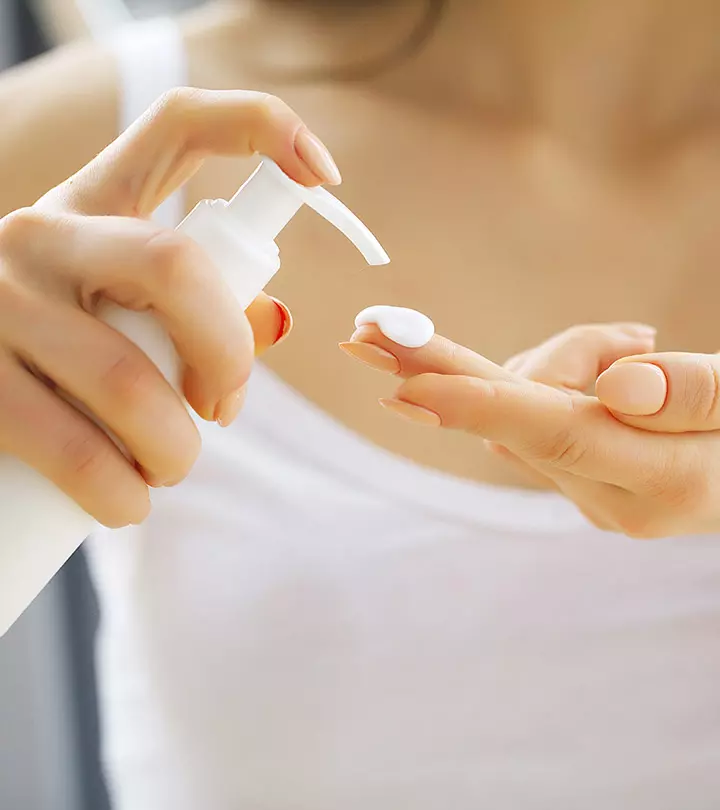
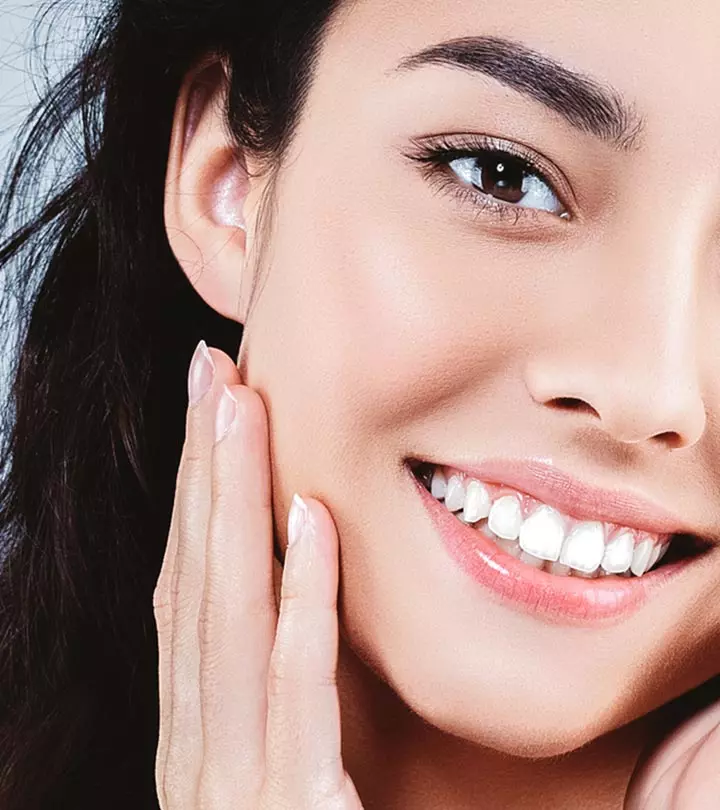
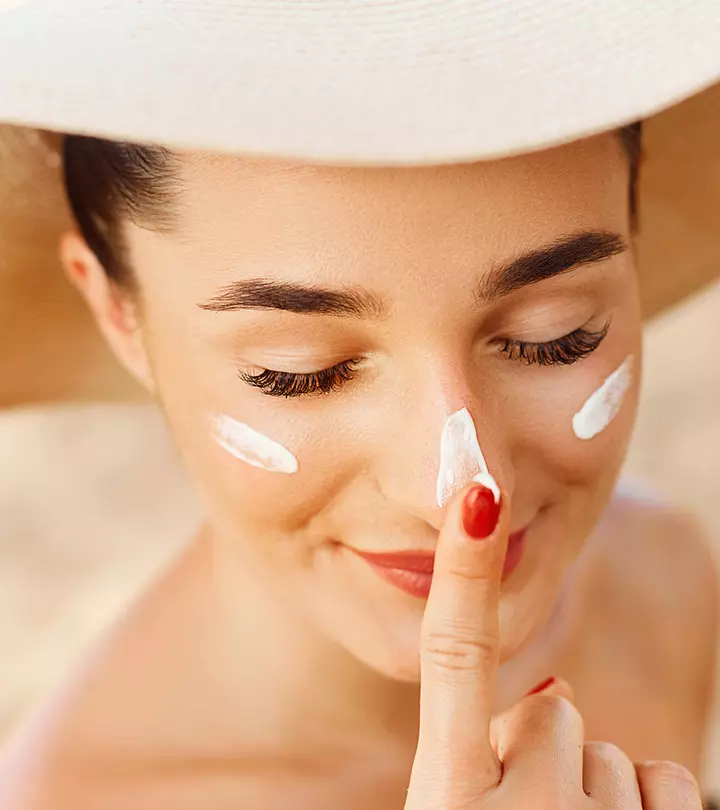
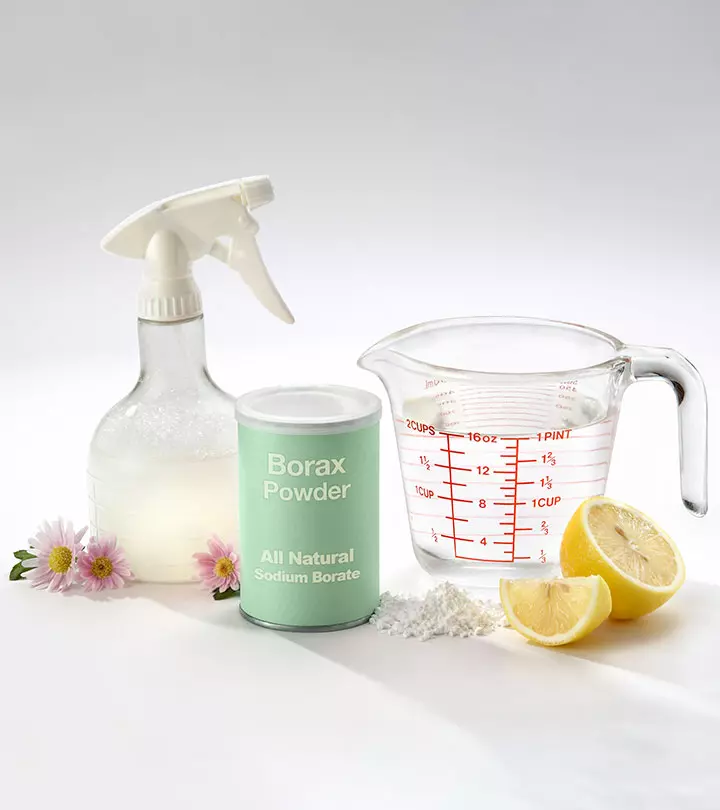
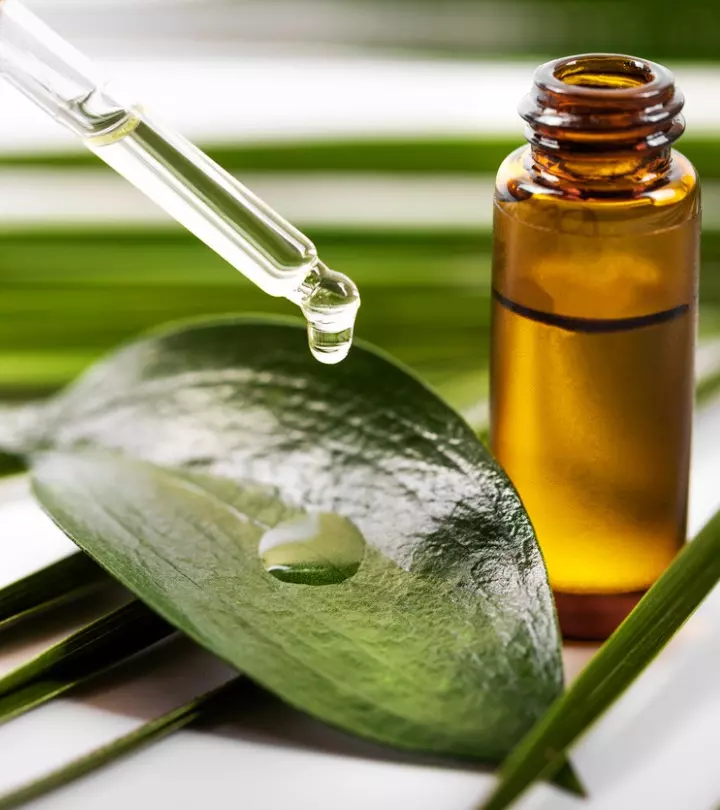
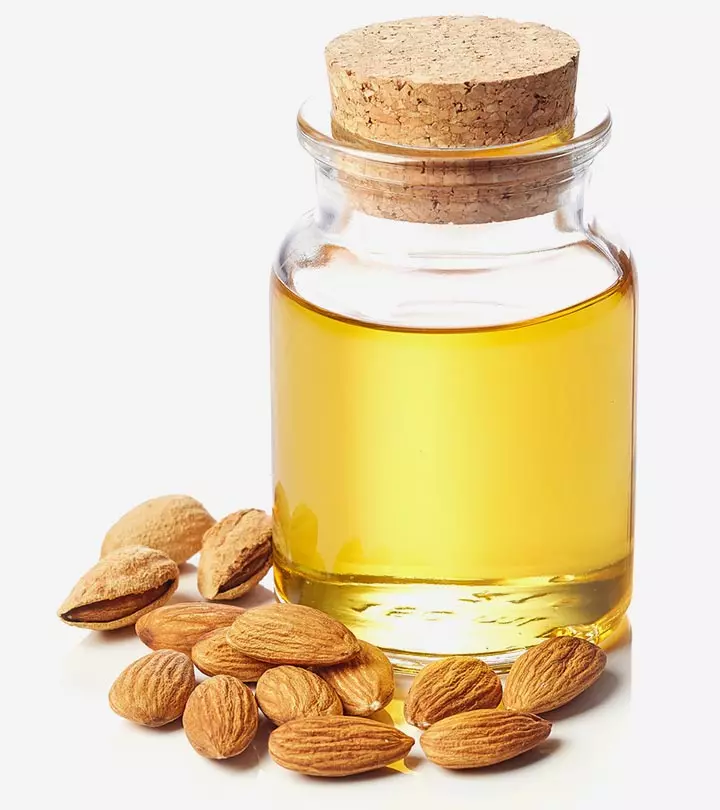
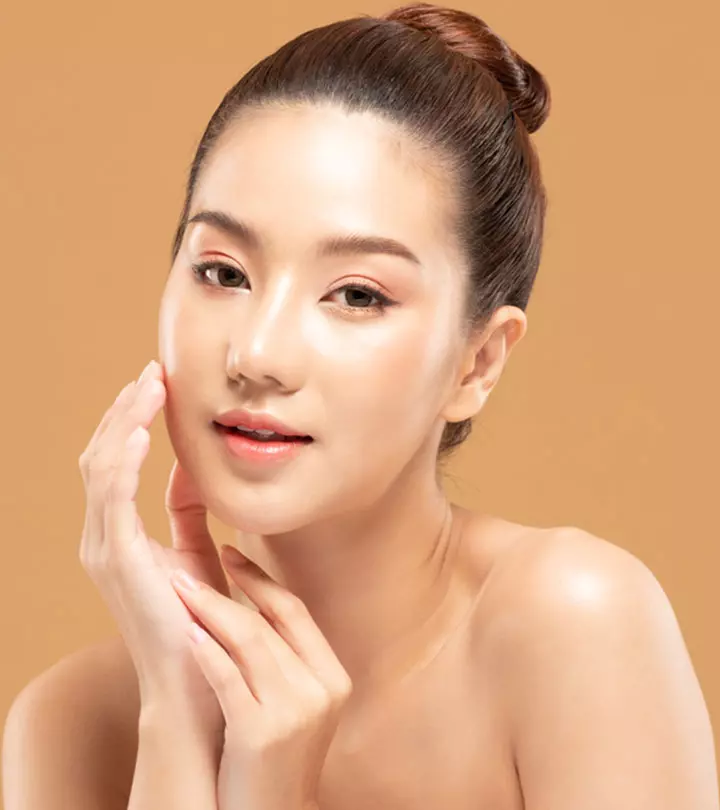

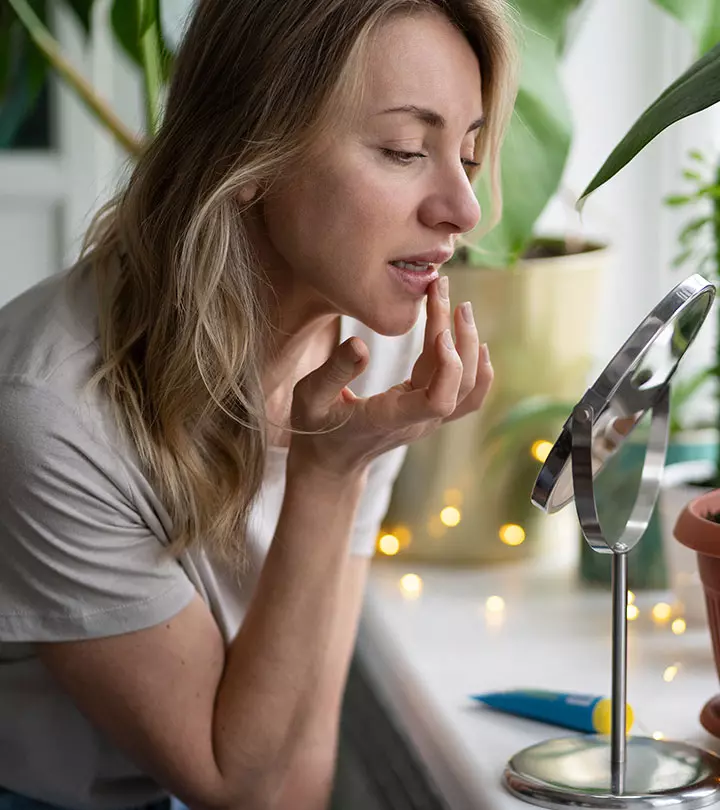
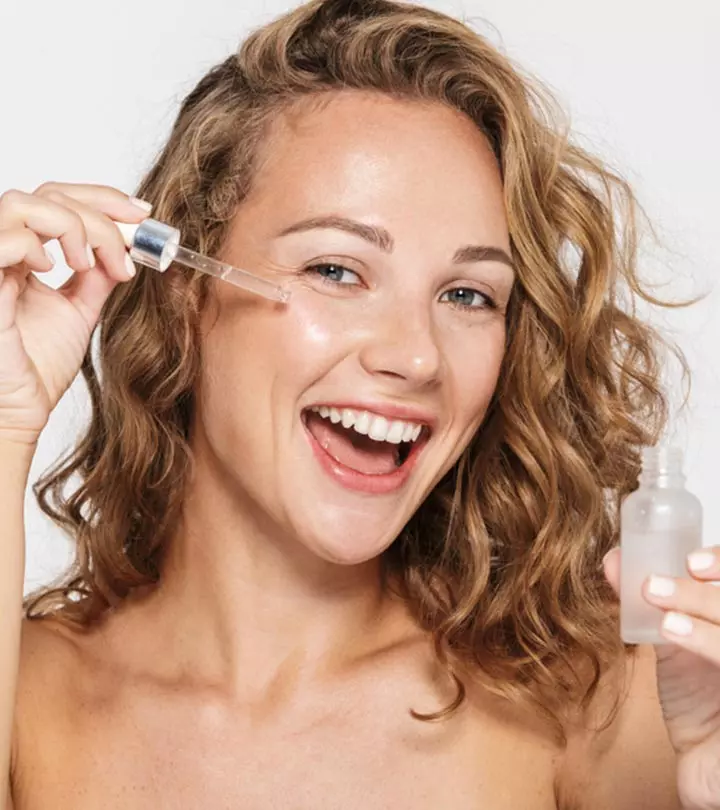
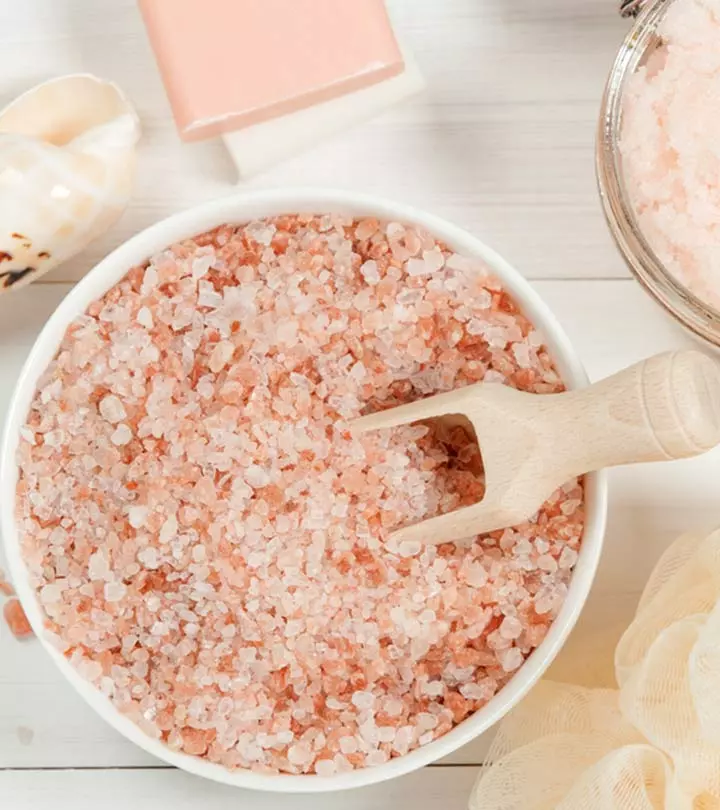

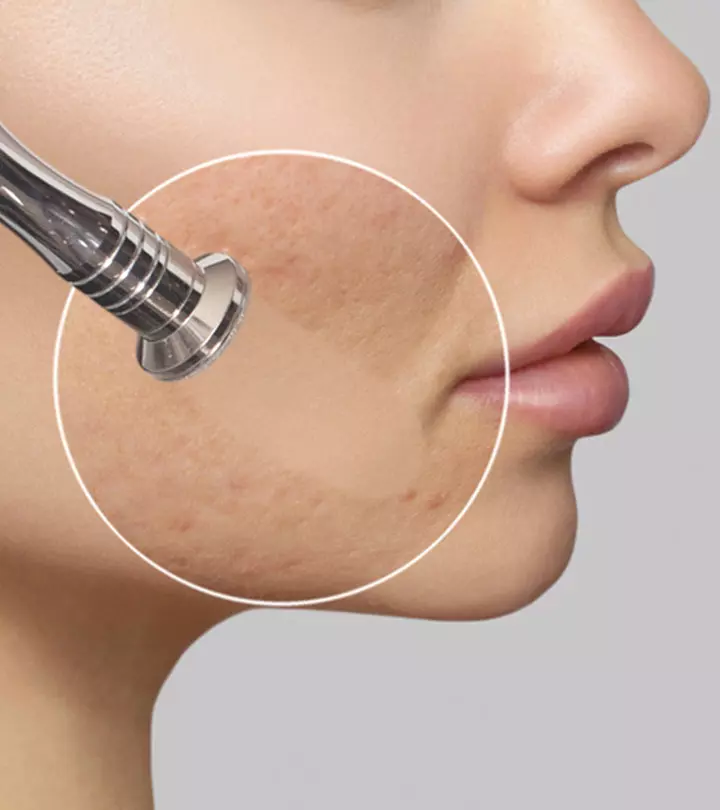
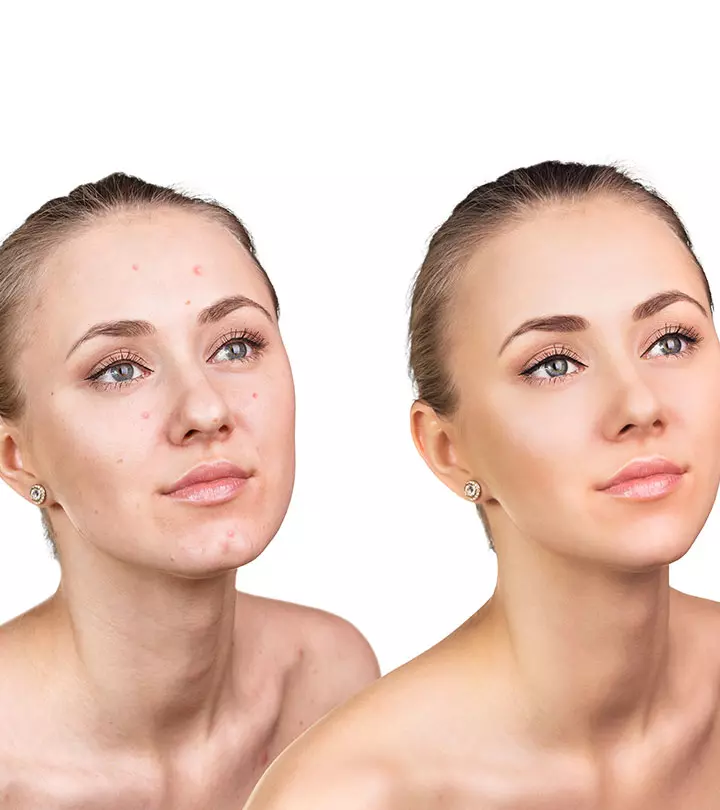
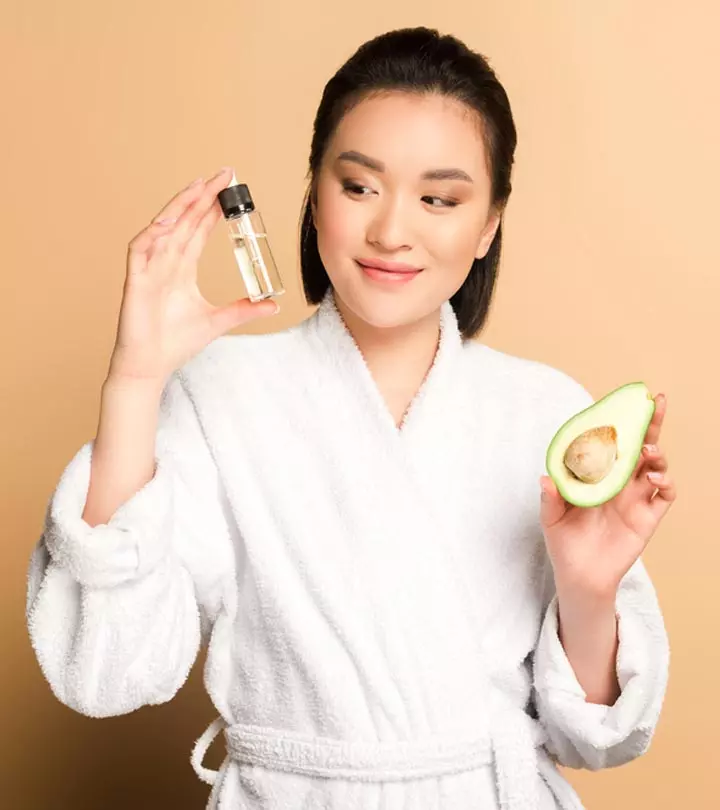
Community Experiences
Join the conversation and become a part of our empowering community! Share your stories, experiences, and insights to connect with other beauty, lifestyle, and health enthusiasts.